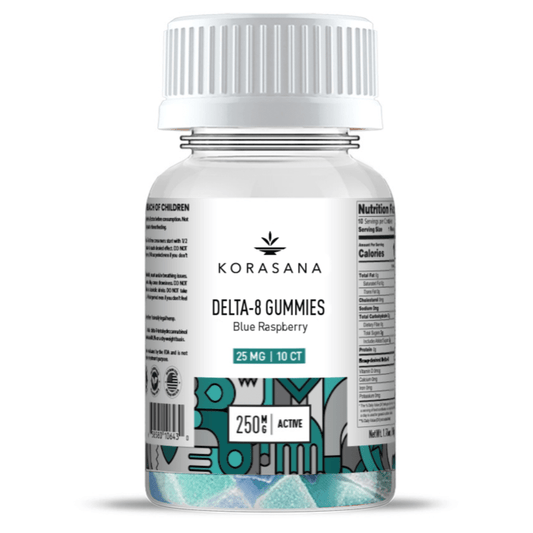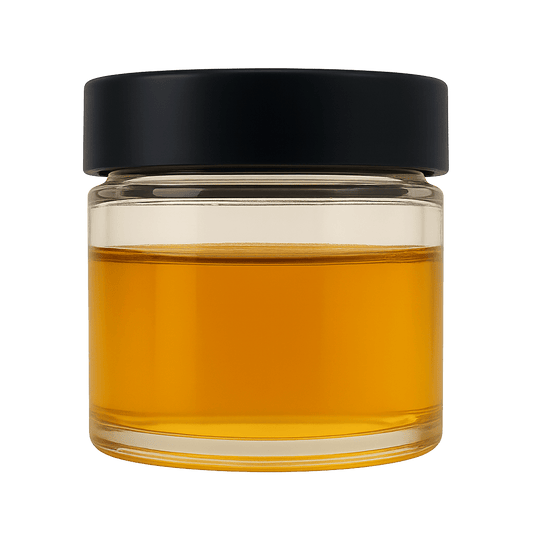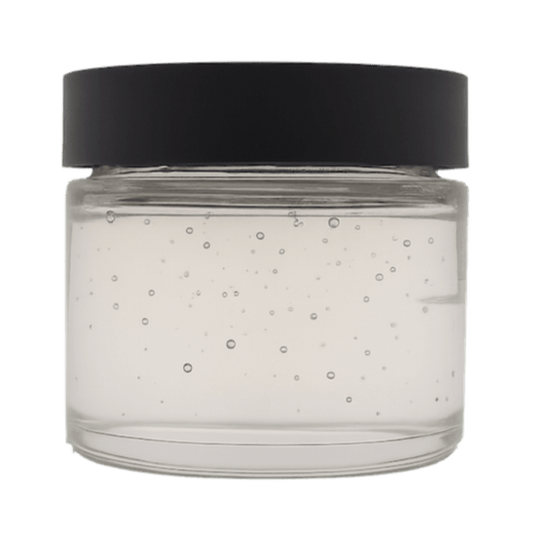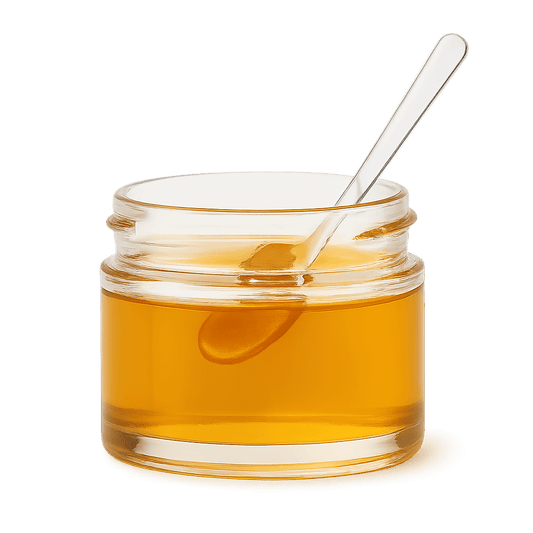What is Delta 8 THC?
Delta 8 Tetrahydrocannabinol, otherwise known as Delta 8 THC, Δ8THC, D8, or D8 THC, is the new star on the cannabinoid stage. Naturally found in hemp plants, this potent cannabinoid offers a unique blend of potential therapeutic benefits.
Understanding Delta-8 THC
Delta-8, an isomer of cannabidiol (CBD) and Delta 9 tetrahydrocannabinol (Delta 9 THC), possesses the same chemical formula as these renowned cannabinoids.
While present in cannabis plants, the concentration of Delta 8 is usually low, making it a challenge to extract in substantial amounts. However, ingenious chemical methods have been developed to increase its availability.
What is The Legal Status of Delta 8?
Thanks to the passage of H.R. 2: The Agricultural Improvement Act of 2018, commonly known as the 2018 Farm Bill, Delta-8 has been made legal on a federal level. This legislation legalized hemp-derived cannabinoids, isomers, and derivatives, explicitly excluding Δ8THC from the Controlled Substances Act. However, it is crucial to note that while Delta 8 is federally legal, its legality may vary at the state level. It's essential to understand the specific laws and regulations in your state before purchasing or using Delta 8 THC products.
How is Delta 8 Produced?
The low natural occurrence of Delta 8 in cannabis plants presents a challenge for its commercial availability. However, the structural similarity among cannabinoids provides a gateway to increase its presence.
Cannabinoids can be converted into one another due to these structural similarities. This isn't a synthetic process but a conversion or derivation, as these compounds exist naturally and can transition into each other through heat, time, and light.
All cannabinoids are thought to originate from cannabigerolic acid (CBGA) and transform into other cannabinoids during the plant's maturation. THCA's conversion to Delta 9 THC through heat application is a perfect example of a natural conversion in cannabis plants.
Through this understanding, companies can convert other cannabinoids into D8 in lab settings. This has helped overcome the challenge of low natural occurrence and made Delta-8 products more accessible.
While this is a significant advancement, it's crucial to ensure that the process is safe, and all solvents, reagents, and acids/bases are thoroughly removed from the final product.
What Are The Effects of Delta 8?
Delta-8's effects vary from person to person but are often described as a combination of the benefits of CBD and Delta 9 THC. Users report feelings of relaxation, mood enhancement, euphoria, mental clarity, and motivation. It can be both energizing and sleep-inducing, depending on the dosage.
With appropriate use, D8 offers a functional and active experience compared to Delta 9 THC. Ongoing research suggests potential medicinal applications due to its interaction with CB1 and CB2 receptors.
Methods of Consumption and Their Effects
The method of consumption influences the onset and duration of Delta 8 THC effects. When vaped, effects can appear within 20 minutes and last up to 5 hours, with peak effects starting to decrease after 30 minutes to 2.5 hours. Oral consumption, such as edibles, takes longer to take effect, typically peaking between 45 minutes and 4 hours, and lasting up to 12 hours or more. The purity of the Delta 8 THC product and the presence of other cannabinoids also impact the intensity and duration of effects.
Dosing Delta 8 THC
Dosing Delta 8 requires individualization and experimentation. Due to its delayed onset, users may need multiple uses or days to find their ideal dosage. A typical oral dose ranges between 10-40 mg, with heavy Delta-9 users possibly requiring doses above 40 mg. It is advisable to start with lower doses and gradually increase as needed. Vaping usually involves 1-3 three-second puffs, and exceeding this dosage is generally unnecessary unless you are a heavy user of Delta-9 THC.
How Long Do the Effects of Delta 8 Last?
The duration of D8 THC's effects varies depending on factors such as dosage, method of consumption, and individual differences. On average, high purity vapes last between 1-5 hours, while tinctures and edibles can last up to 12 hours. Larger doses tend to prolong the effects, especially with edibles and tinctures. It's important to note that the onset and comedown of Delta-8 are gradual, making it challenging to pinpoint an exact duration.
Is Delta 8 Safe?
To ensure safety, it's crucial to choose a reputable company that follows proper lab procedures and produces Δ8THC free from harmful byproducts. While there is no known deadly overdose limit for Delta 8, consuming excessive amounts can lead to drowsiness, upset stomach, dry mouth, red eyes, and headaches.
Can I build Up a Tolerance to Delta-8?
Tolerance to Delta 8 can build over time, similar to D9 THC, with accelerated tolerance development possible through overuse. It's essential to dose responsibly and consult a healthcare professional if you have any safety concerns.
Will Delta-8 Show up on a Drug Test?
When it comes to drug testing, Delta 8 THC can trigger a positive result due to its similarities to Delta 9 THC. It's important to be aware of this when considering drug tests, as Delta 8 THC consumption can lead to a positive result. If you are subject to drug testing, exercise caution when using Delta 8 THC products.
What is the Shelf Life of Delta 8 Products?
Limited testing suggests that they can maintain their potency over several months, but additional research is required to understand the long-term stability of the compound.
The Future of Delta 8 THC: Promising Potential
Although research on Δ8THC is still in its early stages, this cannabinoid has captured the attention of many in the medical and cannabis communities. Initial observations indicate that Delta-8 has the potential to offer significant benefits, surpassing both CBD and Delta 9 THC. However, further studies are required to validate these claims and unlock the full potential of this revolutionary cannabinoid.
Delta 8 represents a promising advancement in the cannabis industry. With its unique properties, reduced side effects, and functional benefits, it offers a viable alternative to Delta 9 THC. As the research continues to unfold, D8 THC's true potential will become clearer, paving the way for innovative applications and opportunities in the field of cannabis.
Delta-8 Products
-
Delta 8 Distillate
102 reviewsRegular price From $9.00Regular priceUnit price / per -
Delta 8 Clear Distillate
18 reviewsRegular price From $9.50Regular priceUnit price / per -
Delta 8 Distillate with Terpenes
18 reviewsRegular price From $14.00Regular priceUnit price / per -
 Sold out
Sold outDelta 8 Gummies
3 reviewsRegular price $10.99Regular priceUnit price / per






